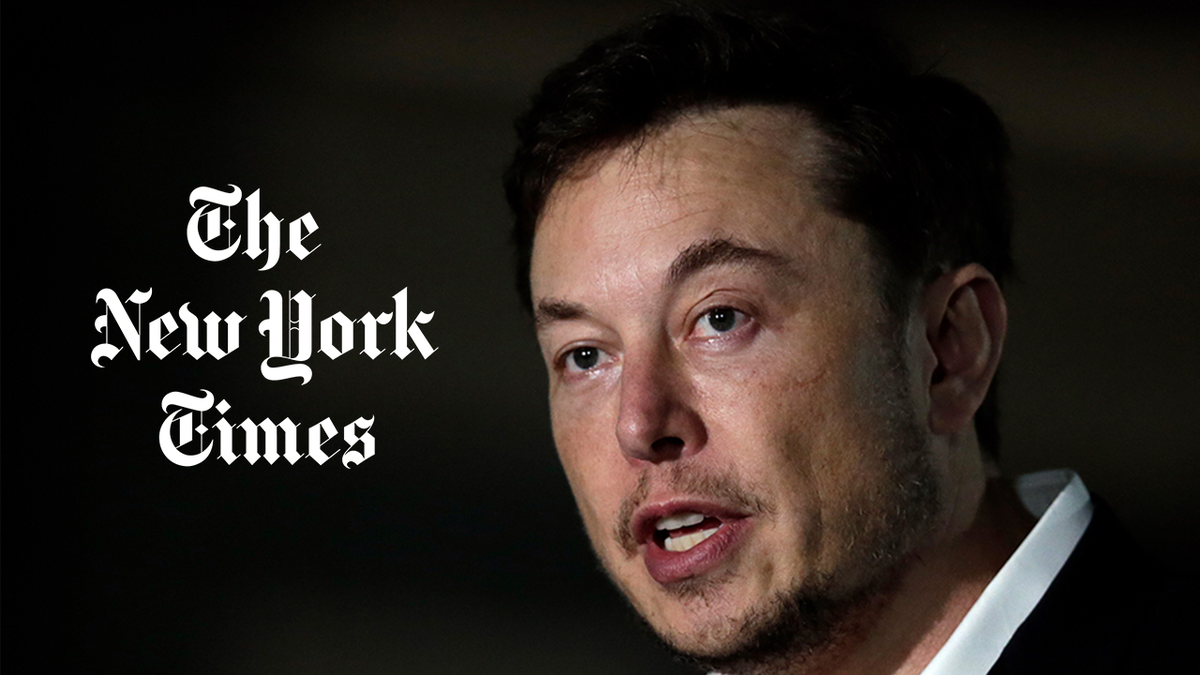
Tesla CEO and founder of the Boring Company Elon Musk (AP Photo/Kiichiro Sato)
Twitter users ripped into The New York Times after the liberal newspaper wrote an extensive piece attempting to paint tech billionaire Elon Musk as a man with immense "white privilege" in an apartheid South Africa riddled with "misinformation" and racism.
On Thursday, The Times tweeted the article along with the commentary, "Elon Musk grew up in elite white communities in South Africa, detached from apartheid’s atrocities and surrounded by anti-Black propaganda. He sees his takeover of Twitter as a free speech win but in his youth did not suffer the effects of misinformation."

A tweet from the New York Times promoting a 2022 piece on Elon Musk's upbringing in South America. (Twitter/New York Times )
Meanwhile, reporter John Eligon promoting the piece, co-authored with Lynsey Chutel, by tweeting:
"Elon Musk grew up in a South Africa that saw the dangers of unchecked speech: Apartheid govt propaganda fueled violence against Black people. Musk didn't experience that. He grew up in a bubble of white privilege. @lynseychutel & I explored his early life."
ELON MUSK GOES SCORCHED-EARTH ON NBC AFTER PEACOCK HOST'S ATTACK, NOTES NETWORK'S WORST SCANDALS
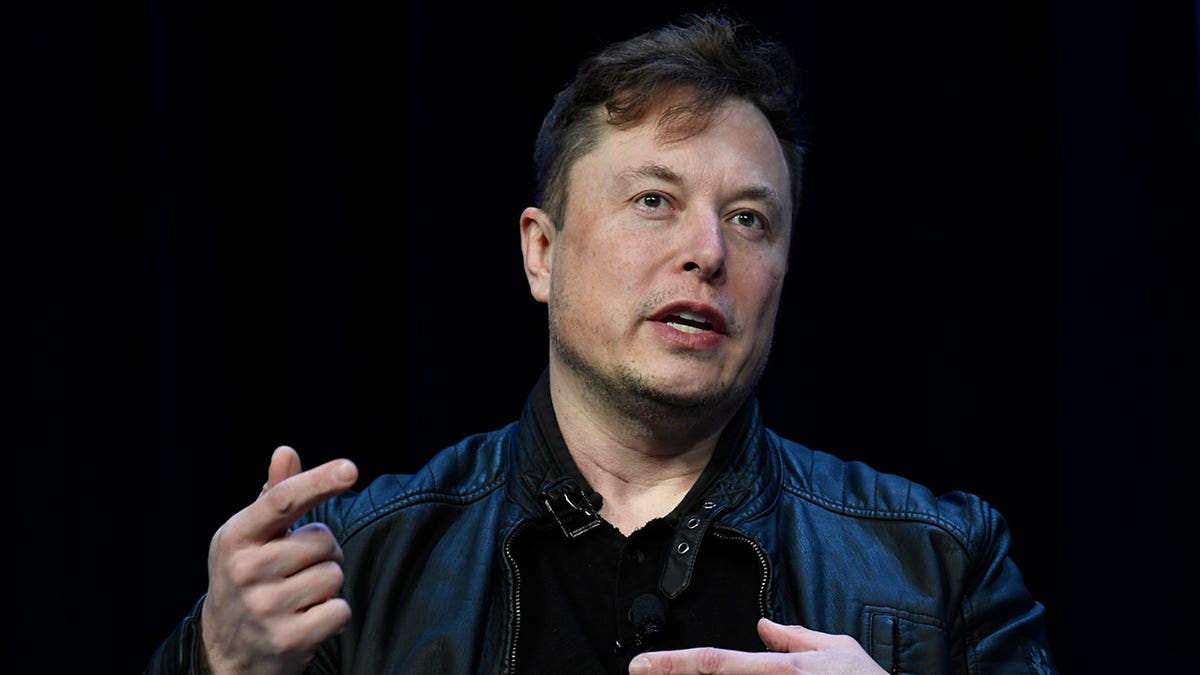
FILE - Tesla and SpaceX Chief Executive Officer Elon Musk speaks at the SATELLITE Conference and Exhibition in Washington, on March 9, 2020. (AP Photo/Susan Walsh, File)
The Times went to such depths in their research of the Tesla CEO that they even reached out to several of Musk’s high school classmates and relatives, who illustrated the history of a "segregated white" community consumed by "anti-Black" propaganda, far removed from the atrocities "white political leaders inflicted on the black majority."
Classmates offered no recollection to The Times of things he said or did that "revealed his views" on politics, and characterized him as a "loner" with no close friends, although some Black schoolmates recalled spending time with a young Musk.
"Mr. Musk has heralded his purchase of Twitter as a victory for free speech, having criticized the platform for removing posts and banning users. It is unclear what role his childhood — coming up in a time and place in which there was hardly a free exchange of ideas and where government misinformation was used to demonize Black South Africans — may have played in that decision," Eligon and Chutel wrote in part.
Twitter users quickly panned The Times, accusing the paper of attempting to portray Elon Musk’s opinions on free speech as nefariously motivated in tweets, while the opposite appeared to be true based on its own reporting.
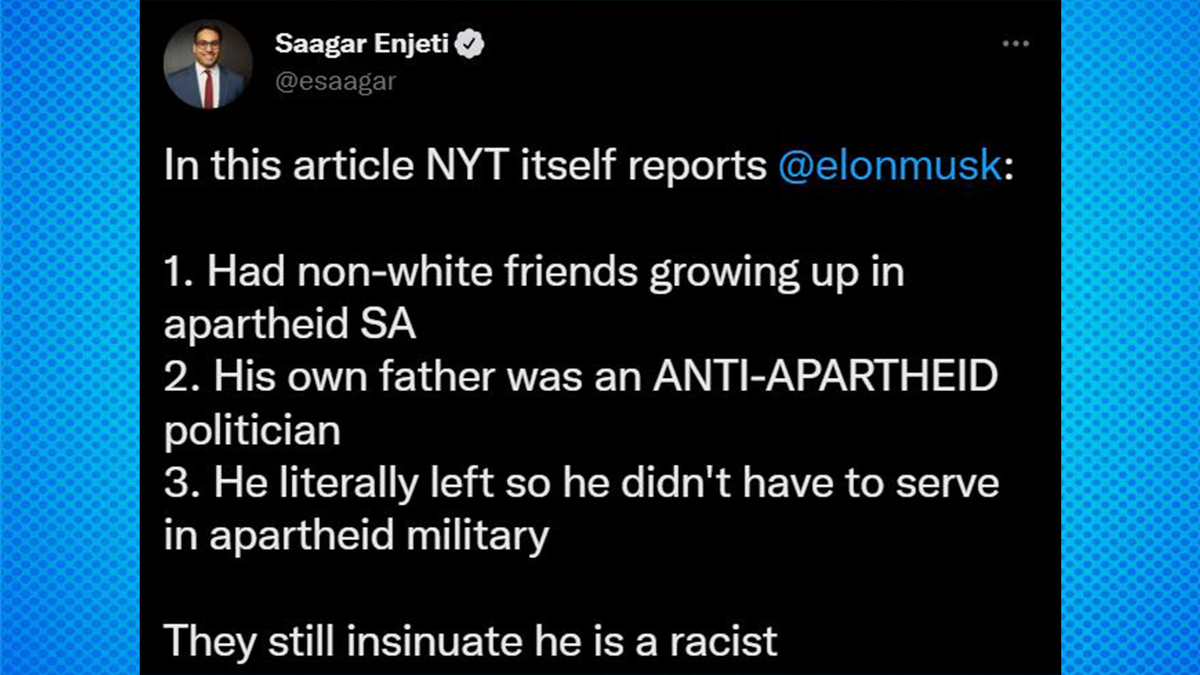
Breaking Points co-host Saagar Enjeti similarly pushed back on The New York Times for their reporting on tech billionaire Elon Musk. (Twitter/Saagar Enjeti)
Podcast host Saagar Enjeti noted on Twitter that The Times itself reported that Musk:
"1. Had non-white friends growing up in apartheid SA
2. His own father was an ANTI-APARTHEID politician
3. He literally left so he didn't have to serve in apartheid military"
And yet, "They still insinuate he is a racist."
"The whole piece is dog--- but ‘unchecked speech’ is precisely what apartheid South Africa did NOT have. And to the extent this article establishes anything it is that the young Musk was, by South African standards, a progressive," UK journalist Alex Massie tweeted.
"It’s official, apartheid South Africa suffered from too much free speech," Wall Street Journal Editor Elliot Kaufman noted.

Wall Street Journal Letters Editor Elliot Kaufman weighs in on a New York Times article on Elon Musk's upbringing in South Africa. (Twitter/Elliot Kaufman)
"Utterly depraved character assassination in the NYT today simply because a billionaire wants to strengthen a fundamental American right outlets like the Times have desperately been trying to hem up for the last five years ..." Daily Caller Editor-in-Chief Geoffrey Ingersoll wrote.
Former New York Magazine writer and podcast host Jesse Singal added, "There's certainly some valuable reporting in this article, but it just comes across as such a clear example of the reporters deciding beforehand ELON MUSK BAD and then building their article around that conclusion."
Meanwhile, Washington Times columnist Tim Murtaugh claimed that The Times "believes we should judge immigrants by their countries of origin."
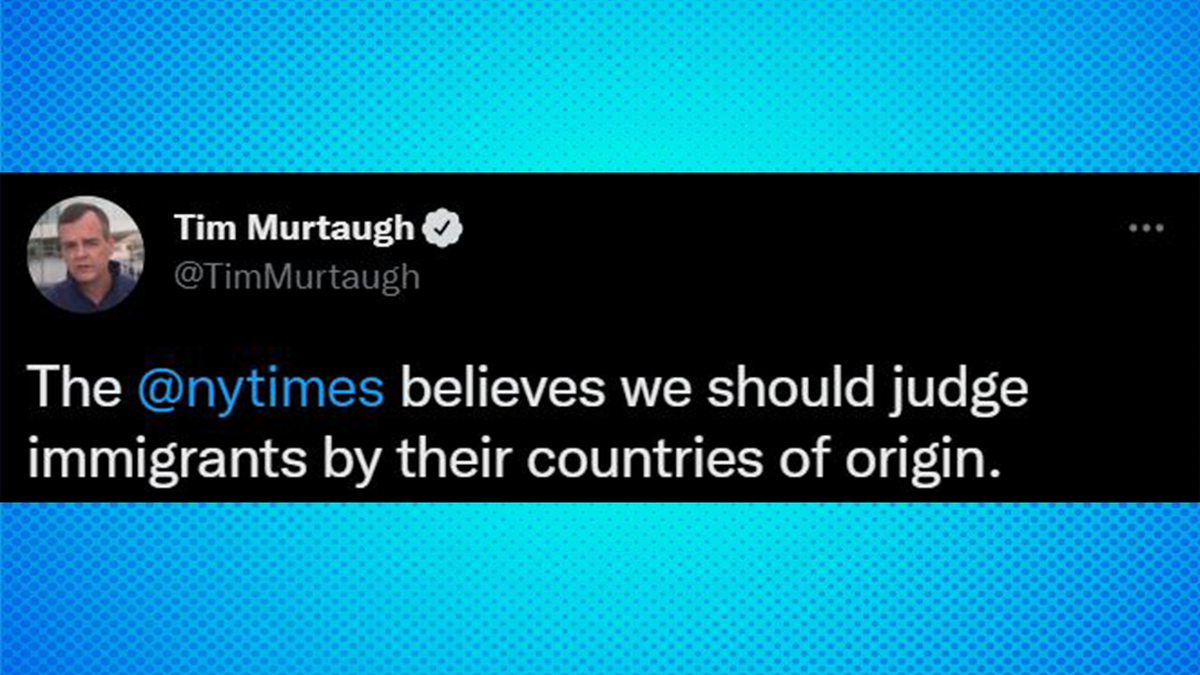
A New York Times article on Elon Musk's childhood in South Africa drew scrutiny from Tim Murtaugh, a Washington Times columnist. (Twitter/Tim Murtaugh)
The tweets continued to pile on, picking apart and criticizing the various elements of the piece, which many saw as an attempt to pin Musk as a racist.
"Musk’s father belonged to a political party that stood AGAINST apartheid. This is a new low, even for the New York Times. But as I said before, all else having failed, there was no way they weren’t going to find some way to cry racist," Daily Wire culture reporter Megan Basham said.
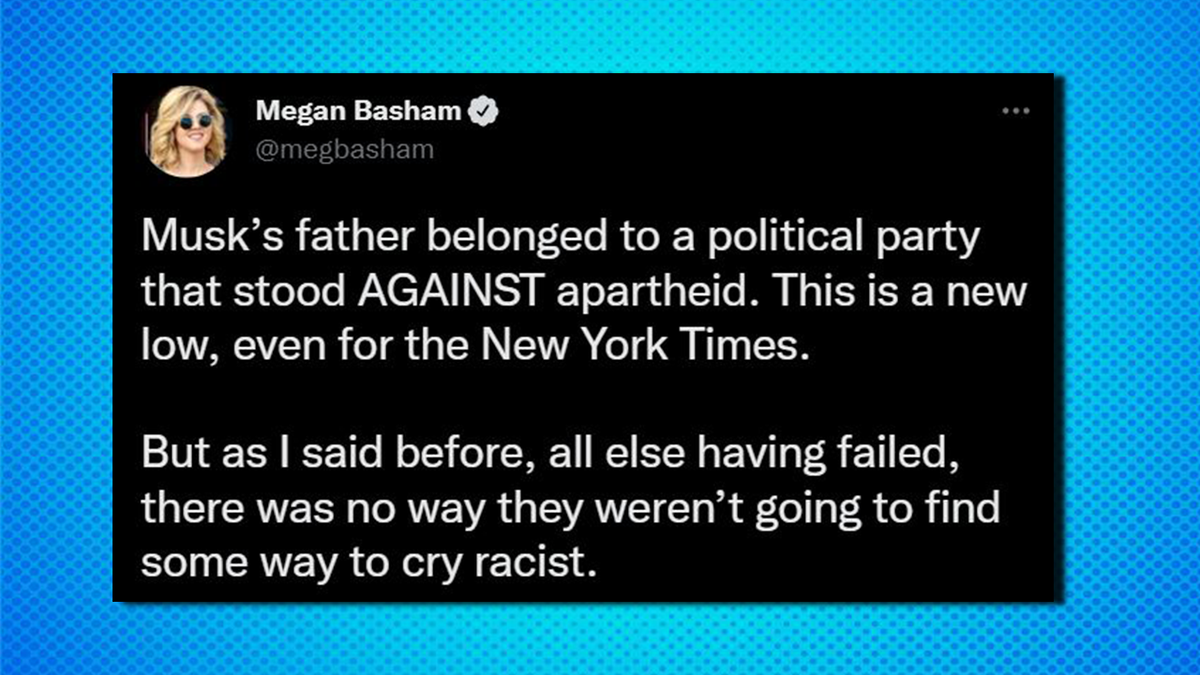
A tweet from Daily Wire's Megan Basham criticizing a May 5 New York Times article on Elon Musk. (Twitter/Megan Basham )
Writer Caleb Howe wrote, "They're calling him racist. This isn't like some complicated encryption. It's right in the tweet."
"I don't know if this is really a hit piece so much as...incoherent, like they had a story idea in mind but then the facts of Musk's life didn't fit it, so they just jumbled them all together and published anyway. Musk doesn't come away from it looking like a racist at all," Reason Associate Editor Liz Wolfe weighed in.
"This is your brain on Critical Race Theory," social media influencer Ian Miles Cheong quipped.
